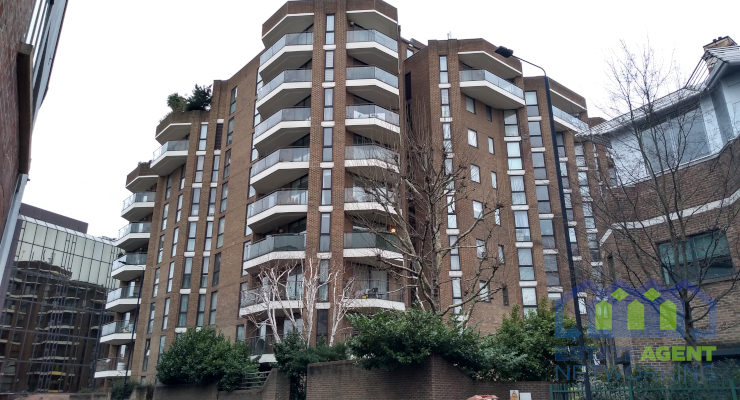The leasehold property system in England and Wales
There has been increasing concern about the leasehold property system in the UK in recent years, largely because as the years on leases run down, leaseholders find themselves trapped in properties they are unable to sell.
Statistics released by the Ministry of Housing, Communities and Local Government in October 2018 estimate there were 4.3 million leasehold dwellings in England in 2016-17.
Leasehold tenures spread across the globe during British colonialism, but the leasehold idea can be traced back to the 11th century. Peculiar to UK property, leaseholds are still thriving in England and Wales, but reform is overdue. In most other countries, leaseholds don’t exist.
What is leasehold?
A leasehold property differs to freehold. Leasehold means the leaseholder owns the property, not the land, but only for the length of the lease agreement. The land and ownership of a leasehold property reverts to the freeholder when the lease ends, unless the lease is extended.
Leasehold properties tend to be flats in purpose-built blocks, converted houses, or maisonettes or flats above commercial properties. A property lease is a contract between the leaseholder and the landlord offering conditional ownership for a set period of time.
Leaseholders are required to pay an annual charge, known as ground rent. The spiralling ground rents charged by property developers in recent years has become a scandal.
The history of leasehold
The leasehold system in England and Wales is a feudal relic of the past. Back in the 11th century all land was owned by the Crown. The Crown gave land out to Lords and important persons under complicated agreements and tenures. Lords then also gave land to sub-tenants under further complicated agreements, who then split land up further and so on.
The system was known as subinfeudation. It’s how bitter feuds over land came into existence. This system of land ownership was abolished by the statute of Quia Emptores in 1290.
Prior to 1925 the purchase of land and property was fraught with difficulties. This was simplified somewhat by the Law of Property Act 1925. At the beginning of the 20th Century most housing in England was privately rented. There was little regulation and tenants had few rights.
Various Rent Acts introduced by the Labour government in the early 1900s gave tenants more rights and suppressed rents. As a result, the modern system of long leaseholds with ground rents came about in the 1920s when many landlords sold properties on long leases to realise property value, but retain land ownership.
Between 1950 and the early 1980s, homeownership steadily increased, and the renting sector fell. In post-war Britain many flats were constructed. To overcome the issues of communal area maintenance and fair contribution to the costs of such works, leasehold ownership became commonplace.
Post 1960 in England and Wales, leasehold became less popular, when elderly leaseholders were evicted from their homes when leases expired. As a direct result of this Harold Wilson’s government introduced the Leasehold Reform Act 1967, which enabled leaseholders of houses to acquire their freehold.
The Landlord and Tenant Act 1987, introduced by Margaret Thatcher’s Conservative government gave leaseholders a right of first refusal when landlords came to sell their freeholds. John Major’s Conservative government then introduced the Leasehold Reform Housing and Urban Development Act 1993 which gave leaseholders to right to extend their leases or acquire their freehold.
Leasehold reform remains high on the government agenda, but with Brexit sucking the oxygen out of politics, the Law Commission warns we are unlikely to see reform in 2019.
Leasehold has perpetuated an archaic landowner/tenant ideology.
The disadvantages of leasehold
Leaseholds are generally disadvantageous to the tenant rather then the landlord. A key problem with leasehold is the length of the term remaining on the lease. Leases are usually long-term (can be as long as 999 years). When the lease gets to 80 years or less, the cost of extending the lease increases considerably. Once a lease gets down to 70 years it becomes difficult to sell or remortgage.
There is also the issue of ground rent. Speaking to The Guardian, Paula Higgins, CEO of the HomeOwners Alliance, said: “Unscrupulous players within the industry have turned what has been a form of tenure for centuries into a money-grabbing scheme that has left thousands of buyers across the country trapped in properties that are now essentially unsaleable.
“Leasehold houses, doubling of ground rents and unfair clauses are leaving homeowners in a nightmare situation and the government is clearly not treating the issue with the severity it deserves. These people need help and they need it now.”
See here for more information on extending your lease. For further information on your rights as a leaseholder find webinars, FAQs and advice guides by the independent lease advisory service here.








